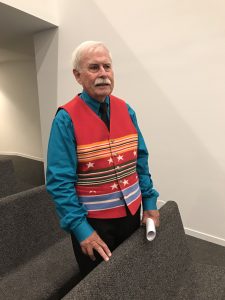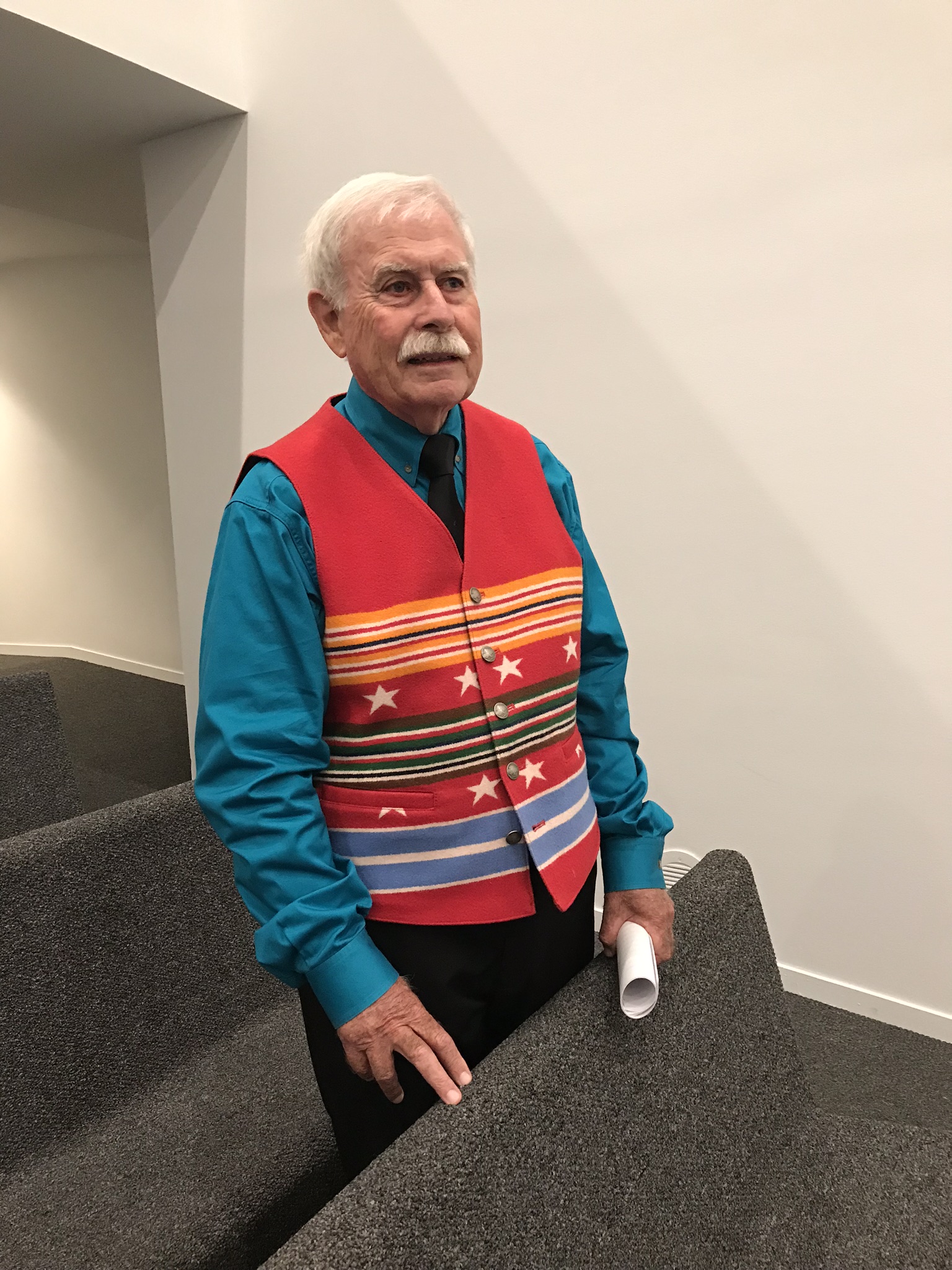Last week the National Basketball Association deferred its 2020 playoff games out of respect for the Black Lives Matter movement. The incident that was the catalyst for the Milwaukee Bucks professional team to decide to boycott game five of the playoffs against the Orlando Magic team was the shooting of 20-year-old Jacob Blake, a Black man, on August 23, 2020 during an encounter with the police in Kenosha, Wisconsin. Blake informed the arresting officers he possessed a knife but he did not wield it. Blake’s shooting struck many as part of a continuum that began May 25, 2020 in Minneapolis, Minnesota when 46-year-old George Floyd, an unarmed Black man, died as a result of an encounter with police. In between Floyd and Blake several other incidents of police/Black person violence have made national news. History records numerous such incidents and a great many more have not been recorded but exist in the psyches of both minority and majority populations. Until cell phone cameras became ubiquitous such incidents tended to get lost in the vagaries of competing memories. Today the incidents are often still in dispute but there may be video and audio evidence to analyze in search of the facts as opposed to mere opinions.
In my experience the truth as believed to be proved by whatever evidence may exist tends to depend to a large extent upon the ability of the observers to set their personal prejudices aside and apply a degree of objectivity to the situation in question. Although such matters as the Blake and Floyd cases are qualitatively light years from sporting events, perhaps an analogy may still be apt when it comes to determining the actual facts as opposed to opinions about the perceived facts or, more likely, the projected ones.
When a sports fan endures the indignity of an umpire’s or referee’s close call against the fan’s team, it is the rare fan who congratulates the official for his/her judgment. What may look like interference to the referee may look more like “no harm, no foul” to the fan. Of course, when it comes to issues of race the emotions are much more complicated and visceral and deadly force or resistance may be involved. If in war the first casualty is truth, when it comes to matters of race and ethnicity truth often depends more on the culture of the observers than observation alone. That is why the wise people who founded this country fashioned a government of laws. Without law the scales of justice tend to dip in favor of whoever has the power to put their thumbs on the scales even when they would swear, and probably believe, they are fair to a fault.
About the best we can hope for, even in ourselves, is that we recognize our judgments on matters as fundamental as human rights are often influenced by our particular frailties and that our frailties come from our particular culture. Then we can bring up the logs that are in our own eyes and try to account for them in determining what the evidence truly proves in any particular case. People whose duty it is to make judgments on the behaviors of other people often learn, sometimes the hard way, that their conclusions about what certain evidence proves have been subconsciously affected by personal factors related more to the person doing the judging than the actual behavior of the ones they judge. This phenomenon has been recognized by trial lawyers and judges since we homo sapiens first began to settle our disputes in court instead of with clubs. That is one of the main reasons attorneys prefer to settle cases by compromise as opposed to seeking the full measure the attorneys believe their clients may be entitled to from a decision by a judge or jury after a trial. Over 95% of all court cases settle without a trial. The attorneys know that it is rare for a court decision to be intentionally biased but it is often subconsciously so. And if this is true with trained judges it is good to keep inherent biases in mind with such organizations as political parties and the media.
There are remedies to unjust treatment that has resulted from unrecognized prejudices. However, such things as money damages are usually insufficient compensation, especially if permanent disability or death to either an offender and/or officer occurs. Prevention is a better treatment. And prevention requires that we look deep within ourselves, hopefully well before, but at least at the time of a racially or culturally charged incident. Such introspection should be demanded of all whose job it is to control the behavior of others; police officers and judges come to mind.
But all of us would do well to recognize our potentional to unfairly discriminate based on factors we rarely acknowledge to ourselves. Of course, one of the best remedies for eliminating prejudicial behavior is an atmosphere where all points of view are allowed to be considered and evaluated. That is why Frederick Douglass (1818-1895) stated that the right of free speech is … “the dread of tyrants”. Perhaps Douglass recognized that tyranny can also come from within each of us and that the atmosphere of our current Cancel Culture that is festering hate on college campuses, in the news media, in politics and even among friends may be the place to start addressing systemic prejudices.



